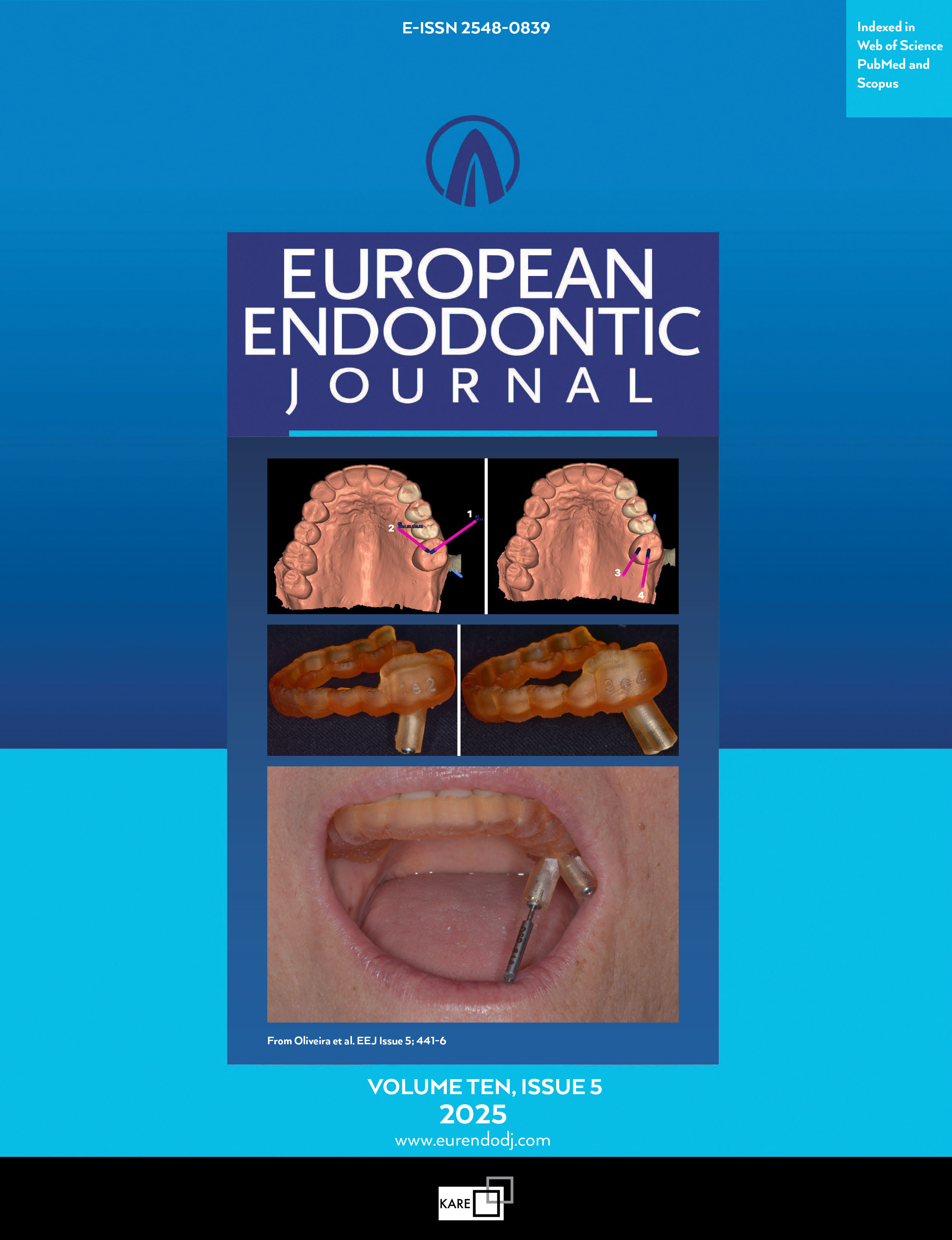Metrics
2024 IMPACT FACTOR
5 year Impact Factor
Eigenfactor Score
2024 CiteScore
Journal Citation Reports
(Clarivate 2025, JIF Rank)
Effectiveness of Lignocaine with and without Pre-operative Oral Ibuprofen in Controlling Pain in Primary Mandibular Molars with Irreversible Pulpitis in 5 to 9-Year-Old Children: A Randomized Controlled Trial
Zeel Gandhi, Subhadra Halemane Nagaraj GowdaDepartment of Pediatric and Preventive Dentistry, Dr G.D. Pol Foundation YMT Dental College and Hospital Sector 4, Navi Mumbai, IndiaObjective: Childhood experiences of pain associated with dental treatment can induce dental anxiety. Infe-rior alveolar nerve blocks are eight times more likely to fail in patients with irreversible pulpitis. The objective was to compare the effectiveness of lignocaine with and without pre-operative oral ibuprofen for controlling pain in primary mandibular molars scheduled for pulpectomy procedures in 5 to 9-year-old children.
Methods: One hundred and twenty-two children diagnosed with irreversible pulpitis in mandibular posterior teeth and scheduled for pulpectomy procedures were included. The children were assigned to one of the two groups, Treatment group A: Pre-operative with oral ibuprofen and local anaesthesia with 2% lignocaine (with adrenaline 1: 80000); Treatment group B: Pre-operative with oral placebo and local anaesthesia with 2% ligno-caine (with 1: 80000 adrenaline). Pain and pulse rate were recorded at baseline, one hour after administration of oral medication, fifteen minutes following administration of Inferior Alveolar Nerve Block (IANB), and also during the course pulpectomy. The results were statistically analysed using chi square test and repeated mea-sures analysis of variance (ANOVA).
Results: In treatment group A, 90.16% children had IANB success compared to 9.83% in group B.. The differ-ence in the success rate between two groups was statistically significant (p<0.001) with an odds ratio of 84.
Conclusion: Oral medication with ibuprofen is effective in increasing the success rate of IANB with lignocaine for the treatment of irreversible pulpitis of 5 to 9-year-old children.
Manuscript Language: English
(1015 downloaded)


